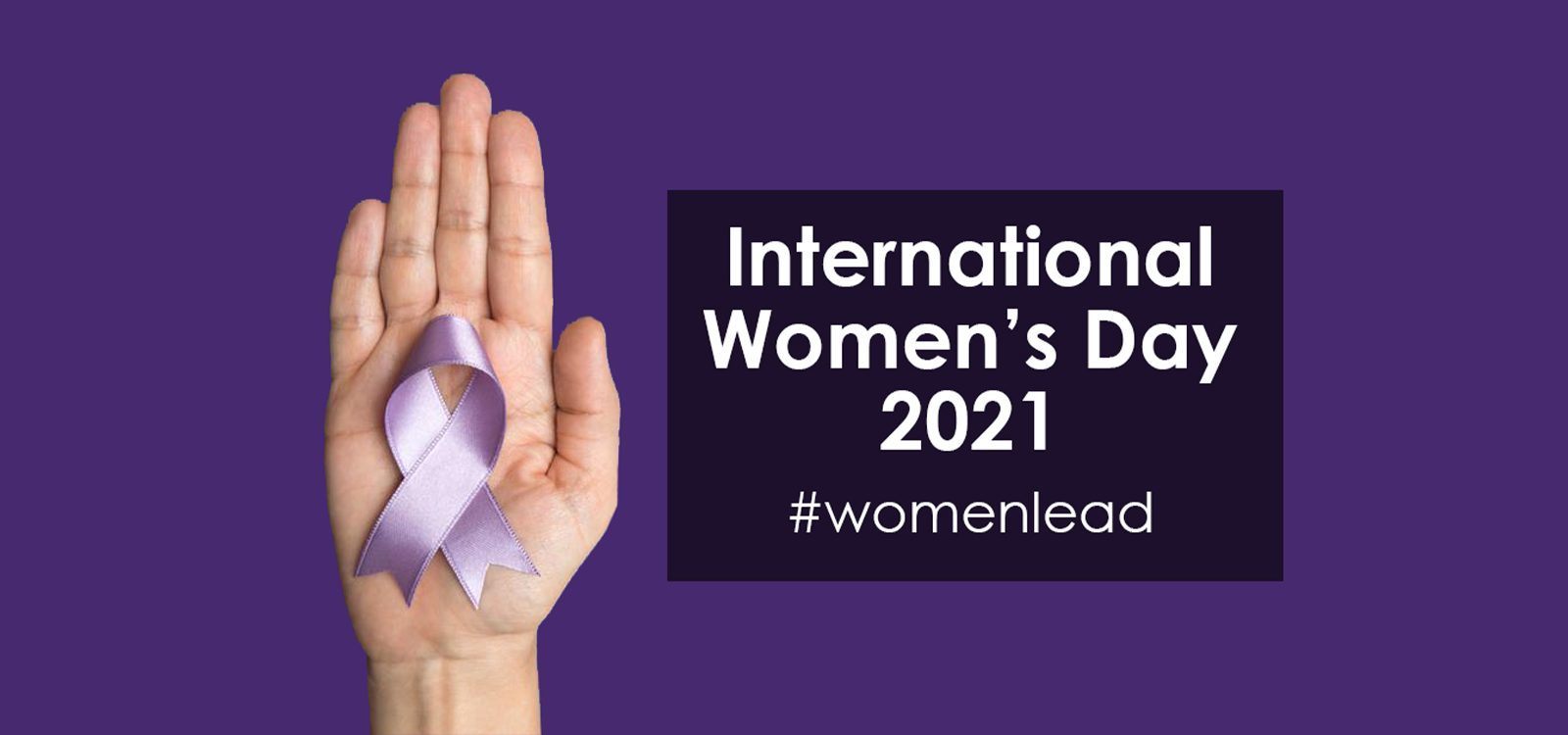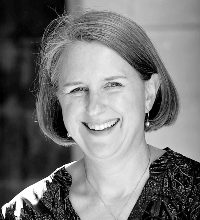
Leadership in a time of COVID: what have we learned?
In celebration of International Women’s Day on Monday 8 March, the Actuaries Institute was honoured to welcome Professor Jodie McVernon, from the Doherty Institute, to share her thoughts about leadership, including her experience of leadership during the COVID-19 pandemic, and whether our expectations of leadership have been recalibrated by the COVID-19 experience. Paul Swinhoe, of the Institute’s Diversity and Inclusion Working Group, summarises the Virtual Insights session.
Although January 2020 was before COVID-19 was recognised as a pandemic, the warning signs were there that an infectious disease in Wuhan was being spread more widely. It was then that Professor Jodie McVernon was asked to join the Australian Health Protection Principal Committee.

This committee is the key policy advisory committee for health emergencies in Australia, giving advice to governments, through the National Cabinet in the case of COVID-19. It includes all state and territory Chief Health Officers and is chaired by the Australian Chief Medical Officer.
Jodie is a modeller. This means her role has a lot in common with many actuaries’ roles – that of using her skills to advise decision-makers on the basis of models they will not understand. Epidemiology is not just about disease but is much broader, including how people move around and how they interact with each other – from biology to sociology. Jodie described herself as a translator, joining the dots of all the different pieces without being the most knowledgeable person on any particular dot.
Vulnerability in a Leader
Jodie talked about how she has used leadership skills to manage her cross-disciplinary work and translation roles. She has found success by being open and enabling. This requires vulnerability, she said. If you are going to deal with people from a range of disciplines and ask them to share with you and take on board things that they are not entirely comfortable with, then you have to show your own vulnerability first. Only then will they be prepared to open up to you. This is not a style that many choose to adopt so it was refreshing to hear someone talk about it so positively. In these situations, Jodie said that each of us needs to work out how to talk to each other and to appreciate what each needs to know. It means not starting from a fixed position.
Jodie described how she behaved as a leader, dealing with the competing strains on her and others, particularly in the early days of the pandemic. She sought to read the mood of the ‘room’, but it was not easy when people were working remotely, and some were not on camera. It was high pressure at times. Jodie needed to manage expectations upwards (the prime minister wants something in four hours) and downwards to mentor, support and receive feedback.
She said how satisfied Australians should be that their key decision makers took so much effort to understand the situation. Jodie’s US-based colleagues were surprised at the effort that Australian decision-makers were making as it did not mirror their experience in US.
Leadership as a modeller
Jodie’s advice to modellers was to be clear on what is uncertain and get early buy-in from stakeholders, e.g. “Does this seem reasonable to you?”. Make sure your audience understands that scenarios are not predictions. Uncertainty needs to be represented but not, so it leads to decision paralysis. Be adaptable. There may be early signs that the model needs to change. A culture of adaptation is critical, she said.
It is also helpful to model making no decision. Waiting two weeks makes it too late and going back is not an option. The UK fell into this trap and the point at which the maximum impact could have been made was lost.
Jodie found it important to talk about the science. This reassured people that there was logic and reason behind they were being told to do. It calmed those who had heard others hyping their messages and gave people hope. She sought feedback and guidance from her own mentors, so she delivered her messages in the best way.
COVID-19 has changed the world
COVID-19 has shown many people how important are our connections in the world, and given an appreciation of place. Jodie described her leadership as a horizontal one, picturing it as a series of concentric circles rippling out – “how do you help people help each other?”.
She observed that much the same advice was coming from people like her all over the world. Sometimes the decision-makers listened and acted and sometimes they did not. Then, sometimes the people complied with what they were asked and sometimes they did not. In some countries they could not. In Australia, it took government support as well as community care and support to enable people to comply.
The last year has changed roles a lot, particularly working from home. There has been an increased need for care, a role more generally taken by women and so COVID-19 has had a greater impact on women. This has been well recognised in Jodie’s sector and likely in many sectors, she observed. She therefore saw it as important to recognise increased flexibility in future in both men’s and women’s roles. This something for leaders to model in their own behaviour as well as encourage in others.
The year has encouraged us all to think more broadly and to believe in ourselves. Jodie told the story of being in a group of men and women that had a style of inclusion, openness and checking in with each other. It was very effective and in stark contrast to a highly dysfunctional meeting Jodie attended which she described as testosterone fuelled with people standing up and shouting at each other.
You can view the Insights session here.
CPD: Actuaries Institute Members can claim two CPD points for every hour of reading articles on Actuaries Digital.






